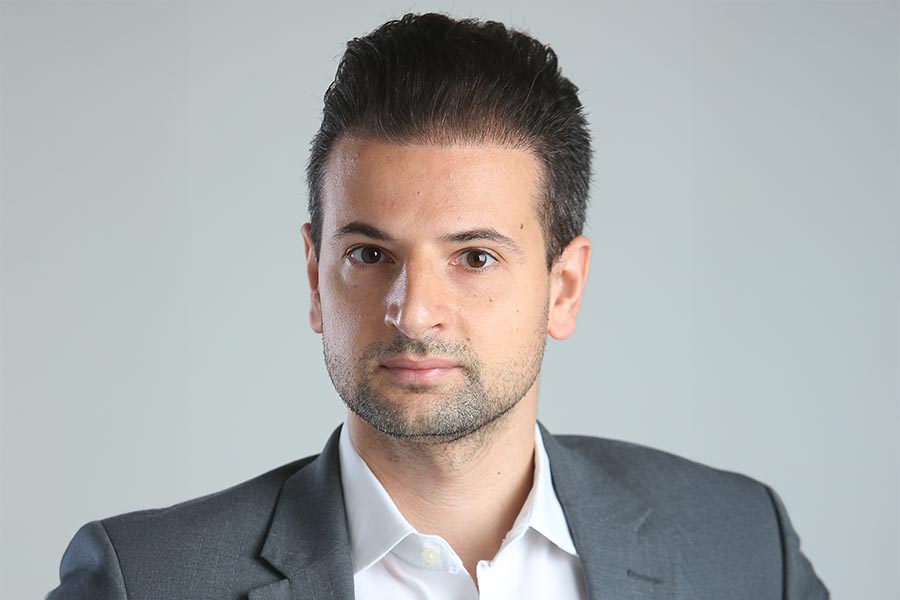HySonic Technologies receives hypersonics contract
HySonic Technologies receives hypersonics contract
HySonic Technologies, LLC, founded by associate professor of mechanical engineering Carlo Scalo, recently received an award from the US Army to advance the fundamental understanding of the effects of compressible turbulence on the external and internal flow dynamics of hypersonic air breathing propulsion devices. The $1.31 million Phase 2 contract comes from the Army Research Office, via the Small Business Innovation Research (SBIR/STTR) program.

“This is tremendous news,” said Scalo, whose academic research focuses on nonlinear acoustics, compressible turbulence, and hypersonics. “This contract will enable us to track every step experienced by the air flow around and through a hypersonic airbreathing vehicle. We appreciate the emphasis on the fundamentals that the Army is placing, especially at a time when my group is deepening our understanding of the mechanics of hypersonic transition and hypersonic turbulence.”

In 2018, Scalo founded HySonic Technologies, LLC, to develop technologies to improve the aerodynamic and propulsive performance of hypersonic vehicles. With the help of Purdue Innovates, he applied for and successfully received Phase I SBIR awards from the U.S. Navy in 2019 and 2021. Each of these $140,000 awards enabled Scalo to develop his small business in its early stages. In 2023, they received a $1.8 million Phase II award from DARPA (Defense Advanced Research Projects Agency).
For the experimental combustion aspect of the project, Scalo will be collaborating with Carson Slabaugh, Paula Feuer Associate Professor of Aeronautics and Astronautics at Purdue University. For the external aerodynamic investigations, they will work with Nicholaus Parziale, George Meade Bond Endowed Professor at Stevens Institute of Technology, who recently received the Presidential Early Career Award for Scientists and Engineers (PECASE) for his contributions to the study of high-speed boundary-layer physics.
This material is based upon work supported by the U.S. Army Small Business Innovation Research Program Office and the Army Research Office under Contract No. W911NF25CA009.
Source: Carlo Scalo, scalo@hysonic.tech
Writer: Jared Pike, jaredpike@purdue.edu, 765-496-0374
Distribution Statement A. Approved for public release: distribution is unlimited.
